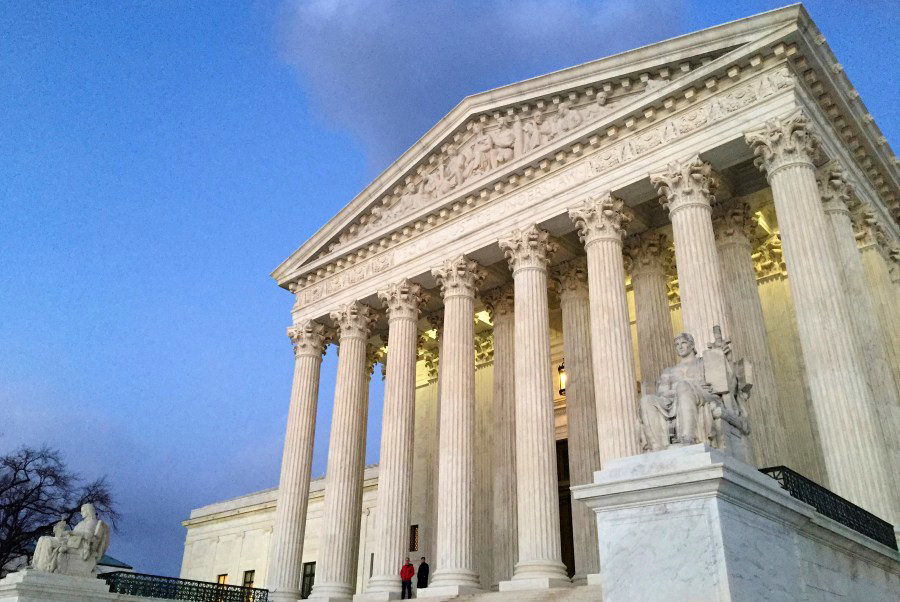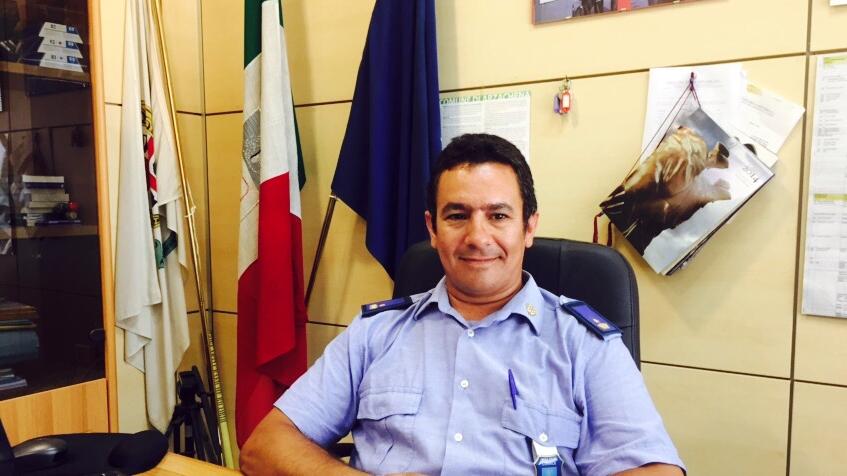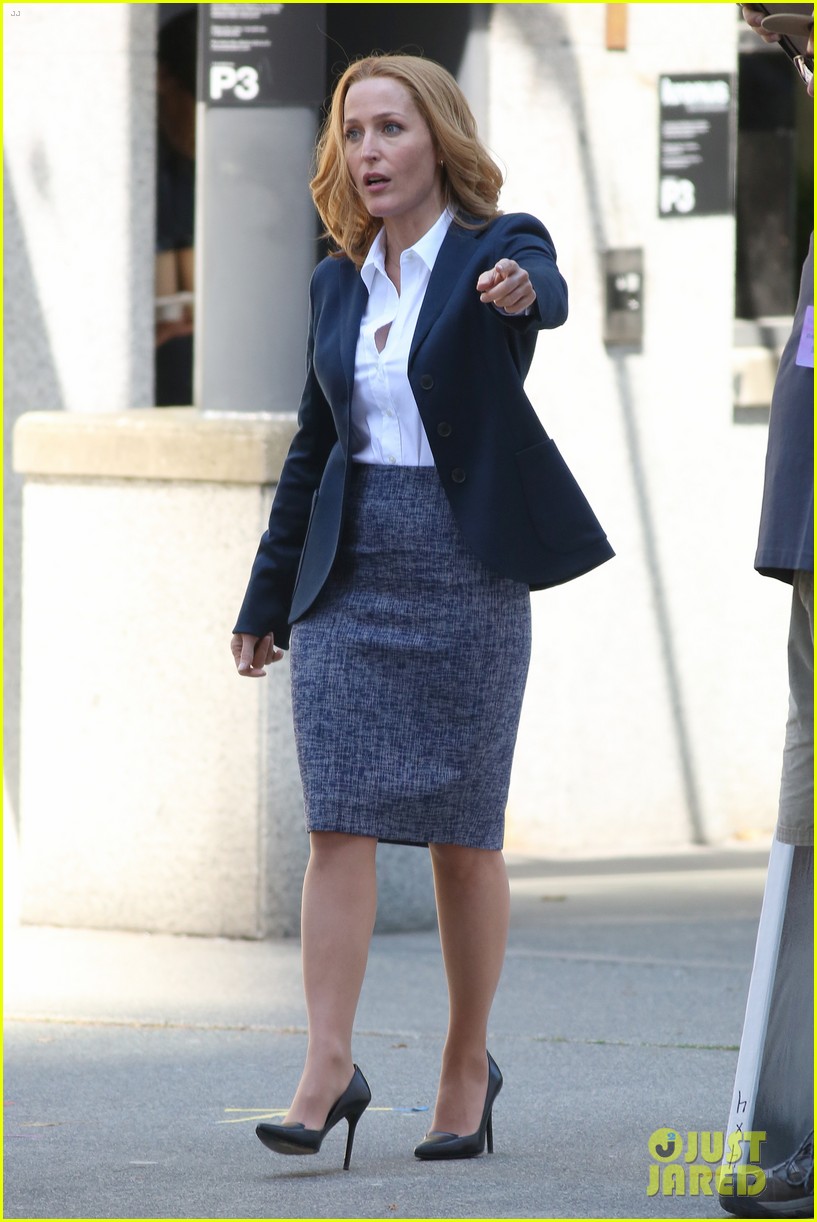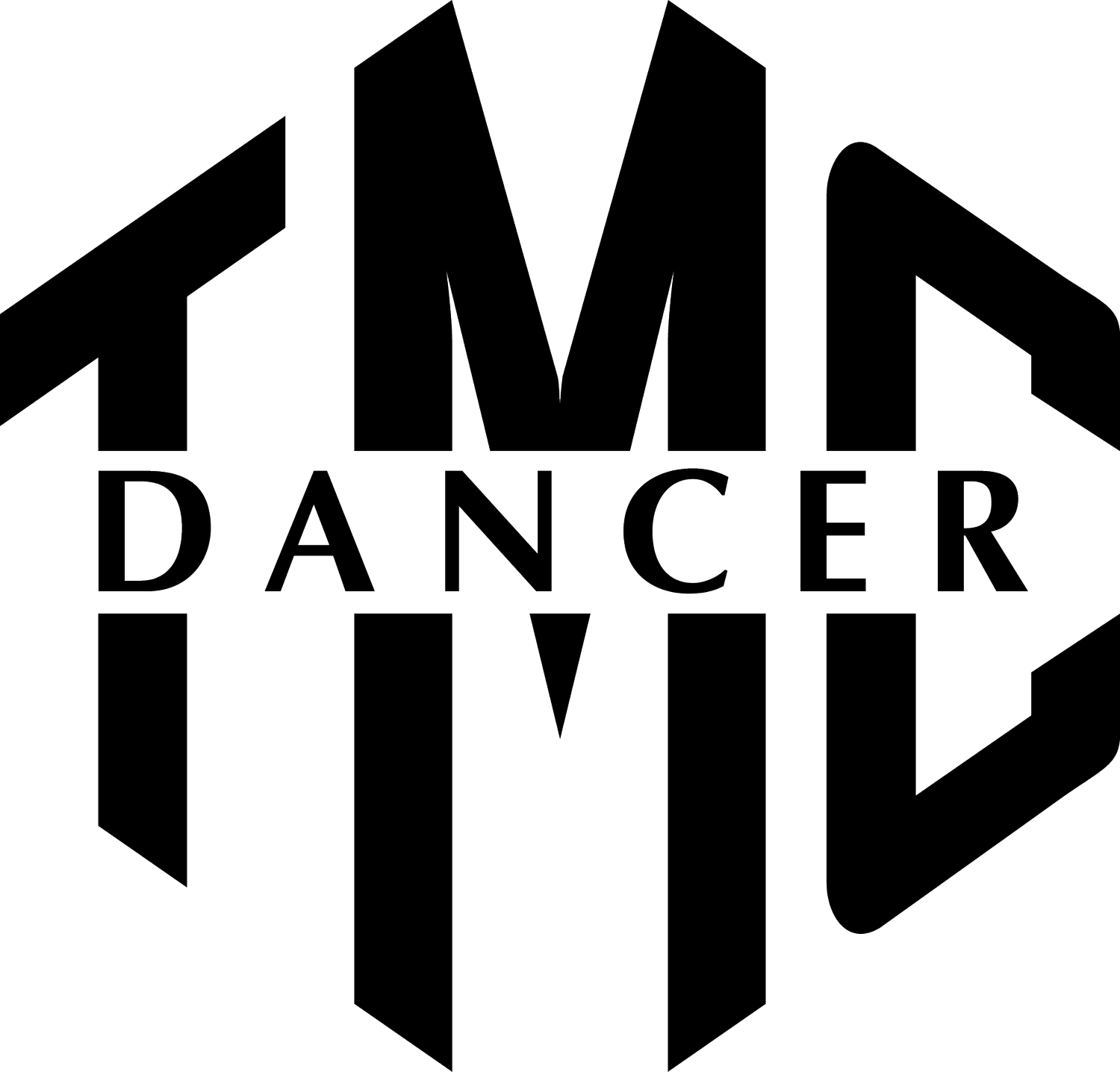Cardinal Trial: Fresh Evidence Points To Prosecutorial Misconduct

Table of Contents
Key Pieces of Newly Discovered Evidence
The recently unearthed evidence consists of three crucial elements that collectively paint a disturbing picture of prosecutorial overreach and potential manipulation of justice.
The Withheld Witness Testimony
A crucial piece of evidence withheld from the original Cardinal Trial is the testimony of Jane Doe, a key witness who claims to have witnessed events directly contradicting the prosecution's narrative. Her testimony was inexplicably omitted from the trial by lead prosecutor, Robert Miller.
- Key points from Doe's testimony:
- Doe claims to have seen the defendant, Cardinal Hayes, at a location significantly distant from the crime scene at the time of the alleged offense.
- Doe's statement directly contradicts the timeline presented by the prosecution, raising serious questions about the reliability of their key witness, Mr. Smith.
- "I saw Cardinal Hayes at the library, miles away from the alleged crime scene," Doe stated in her sworn testimony. (Source: Doe Affidavit, October 26, 2024)
- Consequences of withholding evidence: The deliberate suppression of this testimony is a serious breach of legal ethics and could lead to a mistrial or appeal, potentially overturning the Cardinal Trial's original verdict. It represents a clear violation of the defendant's right to a fair trial.
The Questionable Forensic Analysis
The forensic evidence presented during the Cardinal Trial is now under intense scrutiny. Specifically, the analysis of a crucial piece of DNA evidence has been called into question by several independent experts.
- Examples of questionable analysis:
- Independent experts have found inconsistencies and potential contamination in the DNA sample handling procedures.
- The original report failed to account for several crucial variables that could have impacted the results, casting doubt on their reliability. (Source: Expert Report, Dr. Emily Carter, November 5, 2024)
- Concerns have been raised regarding potential "evidence tampering" and a lack of proper chain of custody documentation.
- Implications on the reliability of the prosecution's case: The flawed forensic analysis seriously undermines the prosecution's case and raises concerns about the integrity of the original investigation. This "forensic evidence" is now considered unreliable.
Emails Revealing Prosecutorial Bias
Newly discovered emails between lead prosecutor Robert Miller and several key witnesses reveal a pattern of prosecutorial bias and potential attempts to suppress exculpatory evidence.
- Summary of key emails:
- Emails show Miller directing witnesses to focus their testimonies on specific aspects that supported the prosecution's case while ignoring contradictory details.
- An email explicitly instructs a witness to withhold information that could benefit the defense. (Source: Miller Email Correspondence, October 28, 2024)
- These communications provide clear "email evidence" of intentional "evidence suppression" and a blatant disregard for the principles of a fair trial.
- Ethical implications and potential legal consequences: These actions represent a gross violation of prosecutorial ethics and could result in serious disciplinary action against Miller, and potentially lead to charges of obstruction of justice. The "prosecutorial misconduct" is undeniable.
Expert Analysis and Legal Implications
The newly discovered evidence has sent shockwaves through the legal community. Leading legal experts are weighing in on the potential implications.
Legal Experts Weigh In
Several prominent legal experts have voiced serious concerns about the implications of the newly discovered evidence.
- Expert opinions: Professor John Smith, a renowned constitutional law expert, stated, "The evidence of prosecutorial misconduct in the Cardinal Trial is overwhelming. It undermines the integrity of the entire process and necessitates a thorough investigation." (Source: Smith interview, November 10, 2024)
- Potential impact on the trial outcome: Experts suggest the evidence has significant implications for potential legal actions, including a mistrial, appeal, and potential civil lawsuits against the involved prosecutors.
Potential for Mistrial or Appeal
Given the gravity of the newly discovered evidence, the possibility of a mistrial or appeal is very real.
- Legal grounds: The withheld witness testimony, questionable forensic analysis, and evidence of prosecutorial bias all provide strong legal grounds for an appeal or a motion for a mistrial.
- Potential consequences: A successful appeal could lead to the overturning of the original conviction, a retrial, or even the dismissal of charges against Cardinal Hayes. This highlights the severe impact of the "prosecutorial misconduct Cardinal Trial" revelations.
Public Reaction and Ongoing Investigation
The revelation of prosecutorial misconduct in the Cardinal Trial has sparked widespread public outrage and intense media coverage.
Public Outcry and Media Coverage
News outlets across the country have reported on the new evidence, leading to intense public debate and calls for accountability.
- Media coverage: Major news organizations, including CNN, the New York Times, and the Washington Post, have covered the story extensively, fueling public outrage and calls for reform within the justice system.
- Social media reaction: Social media platforms have been flooded with comments expressing outrage and demanding justice. The hashtag #CardinalTrialJustice has gone viral.
Ongoing Investigations and Potential Consequences
Several investigations are currently underway to determine the full extent of the prosecutorial misconduct and hold those responsible accountable.
- Official statements: The District Attorney's office has released a statement acknowledging the seriousness of the situation and promising a thorough investigation.
- Potential sanctions: Depending on the findings of these investigations, those involved in the misconduct could face disciplinary action, including suspension, disbarment, or even criminal charges. The fight for "accountability" is paramount.
Conclusion: The Cardinal Trial and the Fight for Justice
The newly discovered evidence in the Cardinal Trial exposes a shocking level of prosecutorial misconduct, undermining the integrity of the justice system. The withheld witness testimony, questionable forensic analysis, and emails revealing bias all point to a deliberate effort to secure a conviction regardless of the truth. The implications are profound, casting doubt on the original verdict and demanding a full and transparent investigation. The "Cardinal Trial" is far from over; the fight for justice continues. Stay updated on the Cardinal Trial, follow the developments in the Cardinal Trial, and learn more about the Cardinal trial misconduct to ensure that those responsible are held accountable. The pursuit of justice requires unwavering vigilance and a commitment to truth, even in the face of powerful institutions.

Featured Posts
-
 Innocenza Di Becciu L Appello Inizia Il 22 Settembre
Apr 30, 2025
Innocenza Di Becciu L Appello Inizia Il 22 Settembre
Apr 30, 2025 -
 Gillian Anderson May Return To The X Files Reboot Details
Apr 30, 2025
Gillian Anderson May Return To The X Files Reboot Details
Apr 30, 2025 -
 Beyonse Podderzhka Materi V Borbe S Rakom
Apr 30, 2025
Beyonse Podderzhka Materi V Borbe S Rakom
Apr 30, 2025 -
 Whos Moving Where Marchs Dance Director And Dancer Roundup
Apr 30, 2025
Whos Moving Where Marchs Dance Director And Dancer Roundup
Apr 30, 2025 -
 Perfect Eyebrows Like Blue Ivy S Tina Knowles Easy Guide
Apr 30, 2025
Perfect Eyebrows Like Blue Ivy S Tina Knowles Easy Guide
Apr 30, 2025
